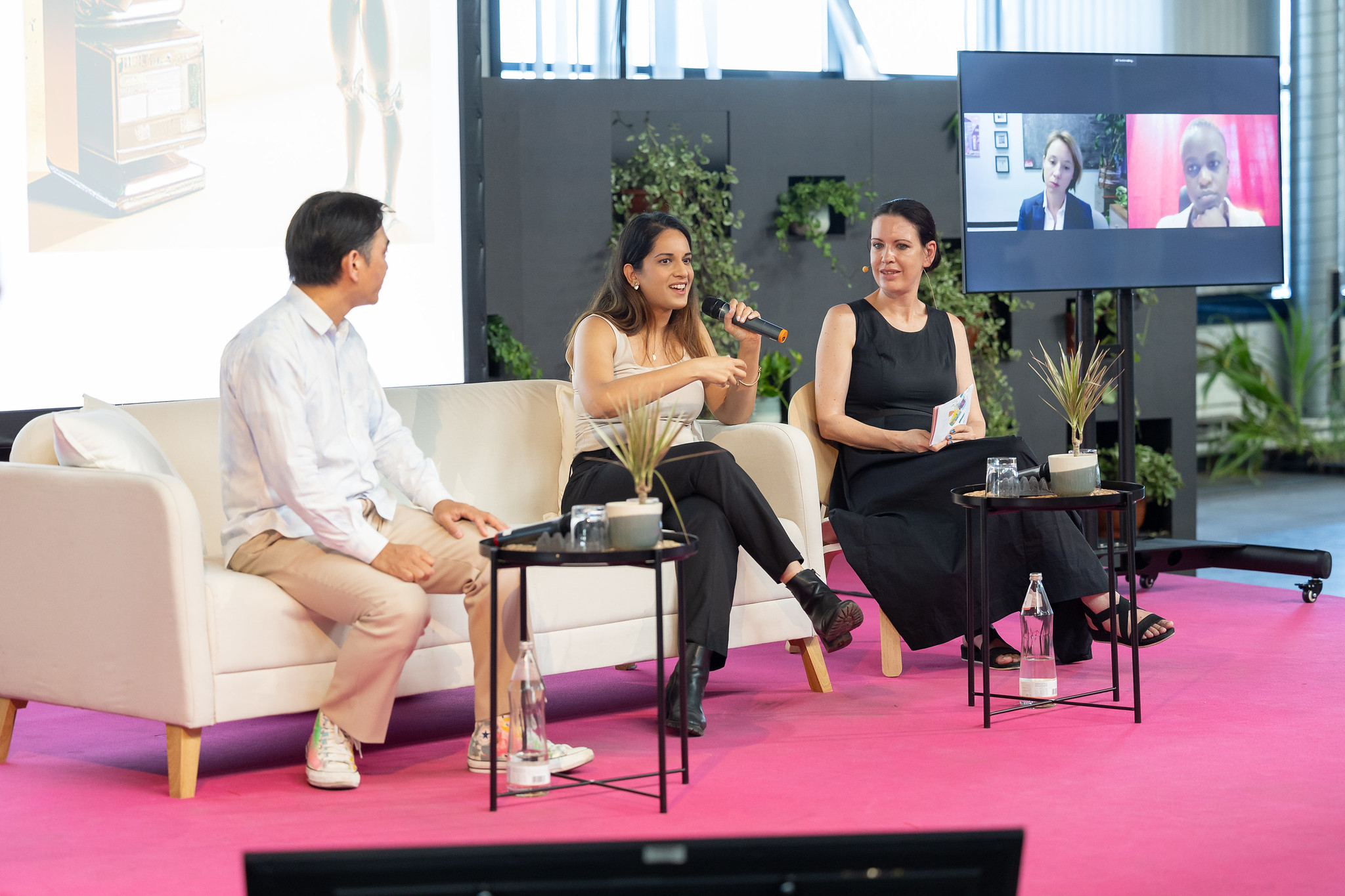Panel discussion
From understanding how misinformation spreads to what you can do against it, this panel examines what we can believe and offers some alternatives to our current understanding of truth, society and identity.
Chair
Sarah Kriesche (AT) – moderator
Panelists
Ken Moriyama (JP)
Cailin O´Connor (US)
Nandini Jammi (US)
Nerima Wako (KE)
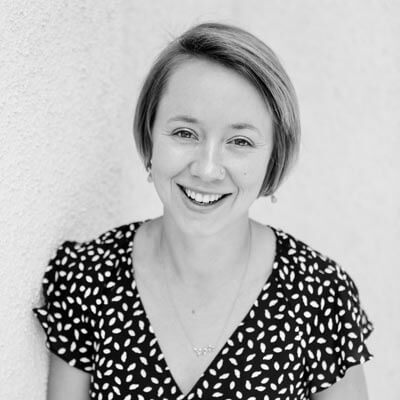
Cailin O´Connor (US)
I am a philosopher of biology and behavioral sciences, philosopher of science and evolutionary game theorist. I am a Professor in the Department of Logic and Philosophy of Science. I am currently co-administering the NSF grant “Consensus, Democracy, and the Public Understanding of Science” with philosopher of physics James Owen Weatherall (previous NSF grant Social Dynamics and Diversity in Epistemic Communities). Our co-authored trade book The Misinformation Age was published with Yale University Press. My monograph The Origins of Unfairnesswas published in July 2019 by Oxford University Press. My book *Games in the Philosophy of Biology * was published in the CUP Elements series in 2020.
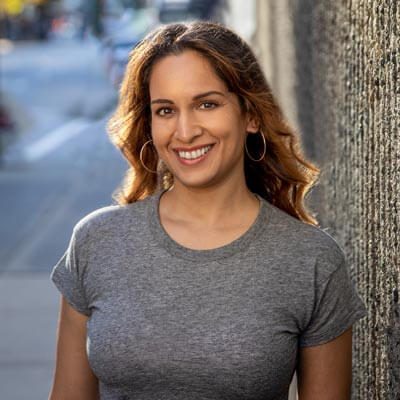
Nandini Jammi (US)
Nandini Jammi is co-founder of Check My Ads, the adtech industry’s first watchdog. She previously co-founded Sleeping Giants, the social media campaign that led advertisers to flee Breitbart and Fox News’ Tucker Carlson and Bill O´Reilley. She is a trusted advisor to Fortune 500 brands and has testified on her groundbreaking work against ad-funded disinformation at the EU Parliament.
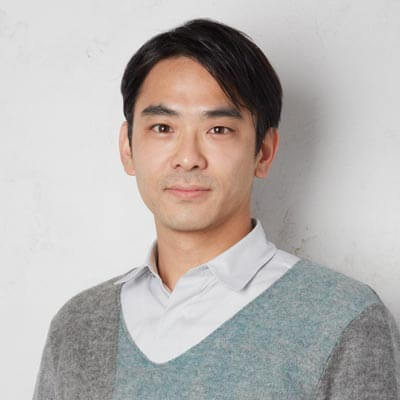
Ken Moriyama (JP)
Ken is the Co-Founder and CEO of Godot Inc., a DeepTech specializing in behavioral design and citizen engagement. Its flagship product, NudgeAI, is a personalized recommendation engine powered by behavioral sciences and machine learning that encourages better decision-making and behavior change at the individual level. Prior to his current role, he co-founded several social businesses in Asia with a focus on green transformation and social inclusion. He holds degrees from the Johns Hopkins University and Balliol College, University of Oxford.
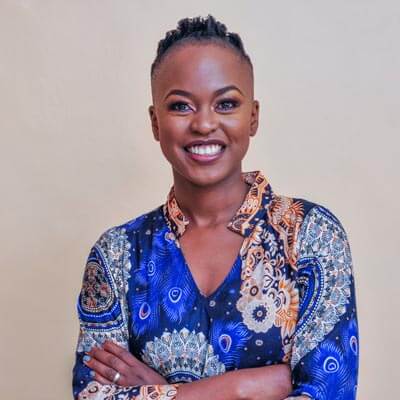
Nerima Wako (KE)
Nerima (neh ree mah) Wako is the Executive Director of Siasa Place (SP). The word Siasa means politics, SP is a youth organization established in 2015, dedicated to collaboratively create an environment that enables youth of Kenya to directly engage with the political mainstream in a meaningful way. Siasa Place educates youth on electoral processes, constitution, government institutions and functions. SP has directly engaged with over 8,000 youth and through 180 digital campaigns, SP has made 131 million impressions online. Nerima attained her Bachelor of Arts in Journalism and Sociology from Jacksonville State University 2010 and her Master’s in Public Administration in 2012. SP specializes on civic-tech, digital political campaigns and advocacy. SP has a women-specific program that supported the political campaign of ten women from different parties and right after the Kenya general election, SP is currently collecting data on online gender-based violence in Kenya specific to female politicians. Additionally, SP launched research on GBV (2022) within political parties in Kenya and has published a digital safety handbook for women, translated in English and Kiswahili. SP is also co-convening a regional tech and labor gathering this year. Siasa Place is currently supporting content moderators to form a union and advocate on enhancing tech company’s compliance and labor rights in Kenya.
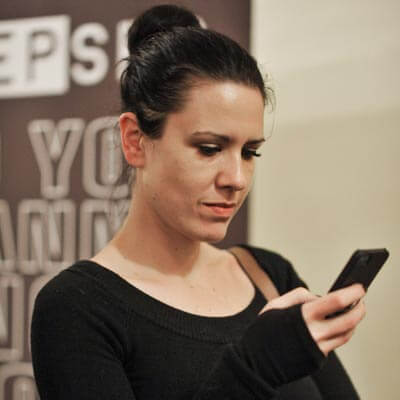
Sarah Kriesche (AT)
Sarah Kriesche works as a journalist for the Austrian public radio station Ö1, covering the progress of IT in industry, economy, research, and politics. Highlights of her professional career include her work on the ORF radio program Nachbar in Not (Neighbor in Need), which reported current events in Southeastern Europe in 1999 in six languages (on short and medium wave). For her radio series Vielfalt in Wien (portraits of Viennese individuals who also have cultural roots in other countries, showcasing how this cultural togetherness enriches the city and its quality of life), she received the Prälat Leopold Ungar Anerkennungspreis. Her feature Zeitreise Überwachung (covering the history of surveillance in Austria) won the Hamburg surveillance studies prize in 2017. Currently, in the science department of Ö1, her focus is on technical innovations and their impact on society.
